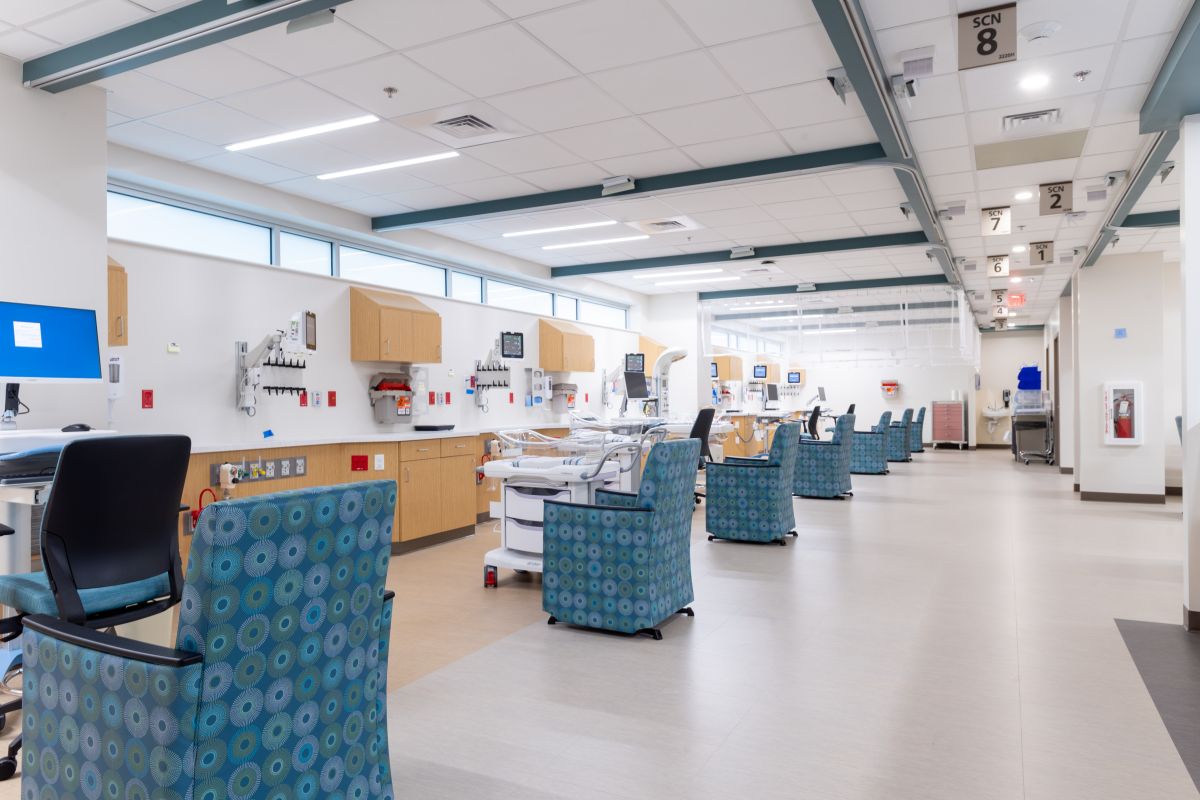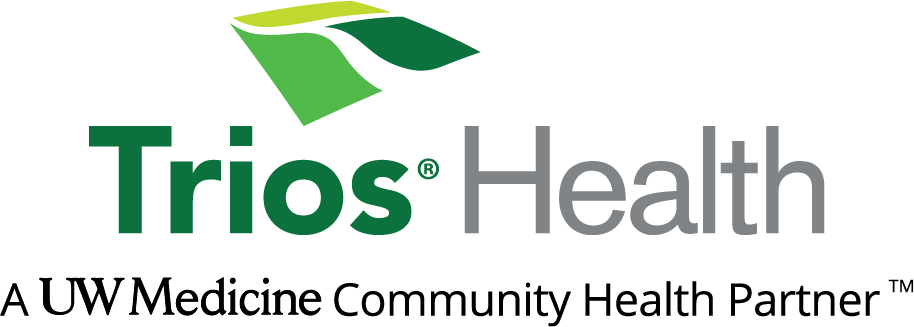Level II NICU
Advanced Care for Special Deliveries
Most babies are born healthy and on time. Even babies who are born a few weeks premature often don't need intensive neonatal care. However, you can have peace of mind knowing the Trios Level II NICU, is here to help if your baby arrives up to eight weeks early and needs extra medical care.
The Trios Level II NICU, is certified to care for infants who are born at 32 weeks' gestation or later and have medical problems that are expected to resolve in a few days.

Nursery Features
The 4,000-square-foot Trios Level II NICU, is located within the Trios Birth Center. It includes 10 nursery beds to keep precious little patients safe and snug. Three double units accommodate twins. Each bed has the latest newborn monitoring technology, with controls that minimize light and sound to mimic the peaceful environment of the mother's womb.
The Level II NICU:
- Is staffed with neonatology specialists and highly experienced nurses who give loving, around-the-clock care to premature and ill babies
- Has a low patient-to-staff ratio to enable close patient monitoring
- Provides a full range of medical care, including various respiratory support methods
- Develops specialized nutrition plans and feeding schedules to help nourish infants toward better health, and promote steady growth during and after their stay
- Offers lactation support and feeding assistance from specialized nursing staff
- Promotes and teaches kangaroo care between parents and their babies
The Trios Level II NICU, uses advanced medical technologies and procedures, along with compassionate nursing care, to help give premature and ill newborns the best chance for transition to a healthy life.
The Trios Level II NICU, was the first in the Tri-Cities to use continuous positive airway pressure—bubble CPAP—to gently improve breathing in struggling newborns more safely than mechanical respirators.
